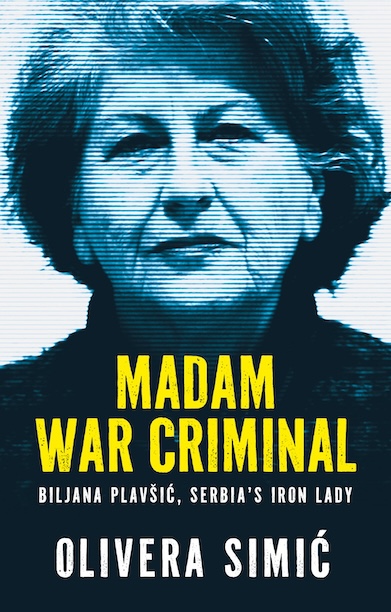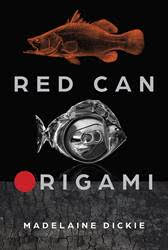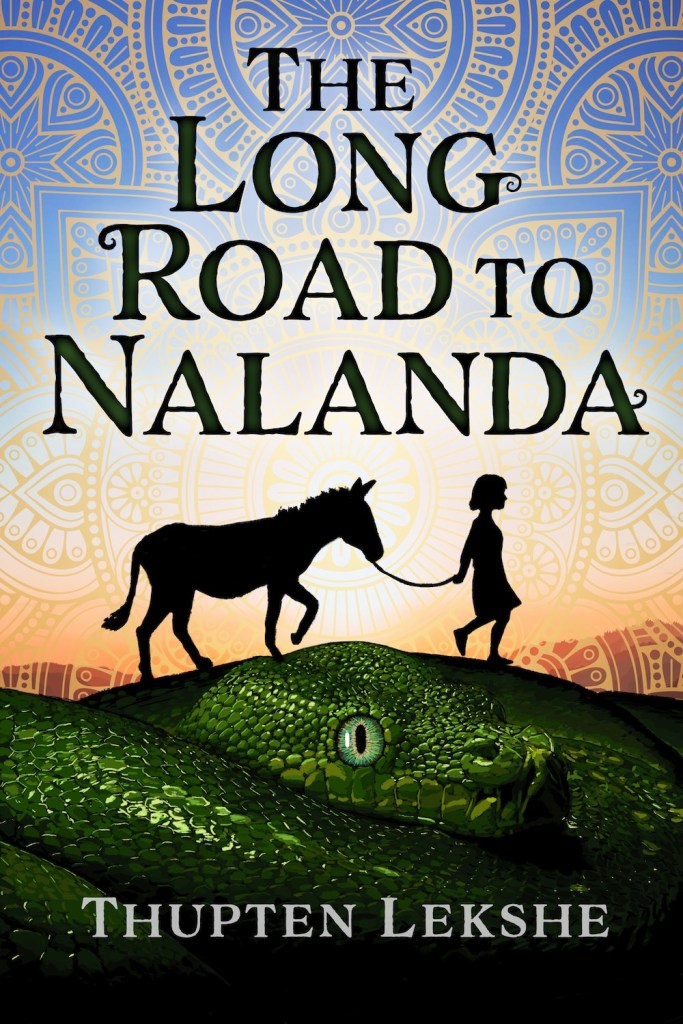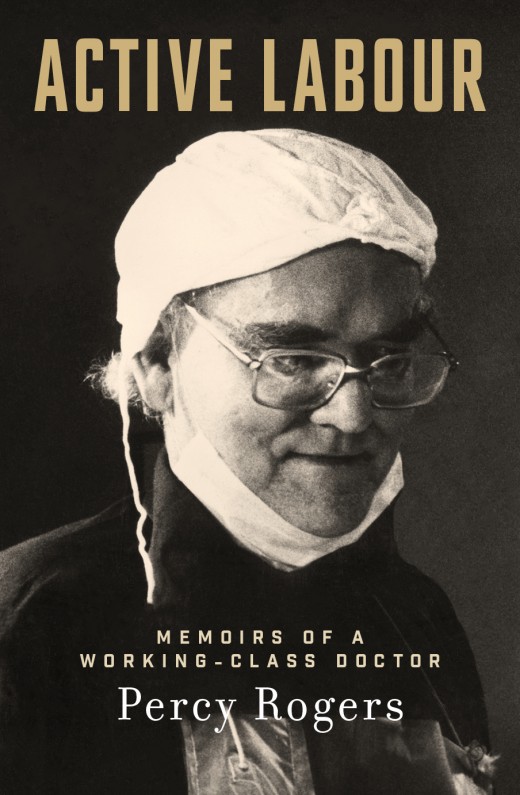As a writing consultant, I consider myself privileged to be asked to mentor writers who are looking for someone experienced in the field of manuscript assessments and editing, and who understands the rocky road that precedes submission to publishers. A successful writing mentor is a trusted resource for those writers who are new to the process and require encouragement to keep refining what they have written so far without stifling their creative growth. On the other hand, more experienced writers rely on a mentor to keep them motivated and on track by setting up a workable timeline for completion of their writing projects, making allowances for frequent reviews of their work-in-progress. The mentor’s objective overview and constructive feedback of work-in-progress, which may include a sprinkling of tough love, can help calm the waters and hopefully encourage a reset to complete the project.
Setting goals throughout the writing process boosts motivation and productivity, and mentors work hard to hold their writers accountable because it’s sometimes too easy to push out deadlines! However, flexibility is an important backstop, especially when the mentor can identify a stressed author. In most cases, the mentor can help design a timeline that can be stretched or compressed as time goes on, or if life takes a turn in a different direction for the writer.
I often mentor (I’ve been called a coach on many occasions!) university academics who have constant work pressures and deadlines, and who need to know that they have a timeline that keeps them moving forward with their book project, but flexible enough to deal with unexpected hiccups along the way. At times I feel like I’m imposing on their inbox when I check in on a regular basis; but my email is always appreciated.
When I’m asked to review a work-in-progress, whether the work is fiction or non-fiction, I’m on the lookout for many things, the main one being seamless, coherent writing: a series of well-written sentences that relate to the context and are contained within paragraphs that get to the nitty gritty of one idea/subject/theme. Although this is a review and not an edit, I look for connections between paragraphs and make sure connections are not broken. Misuse of grammar, excess flab, a swamped or inconsistent voice/tone, overuse of particular words, repetition and an incoherent structure are common culprits.
Good writing may look easy, but for most writers it looks that way because he or she has mastered the art. As English poet Alexander Pope penned in his ‘An Essay on Criticism’, 1711:
True ease in writing comes from art, not chance,
As those move easiest who have learn’d to dance.
Although Pope is referring to poets here, we can conclude that his general meaning is that wordsmiths are made, not born. The best writing is the product of many hours of writing and rewriting. Hence, the support and guidance of a suitable mentor is immeasurable, especially when a writer is ‘stuck’, or realises that she or he is losing objectivity, or even motivation.
If a writer engages me for an assessment of her or his manuscript (fiction or non-fiction), I often end up mentoring the writer throughout the rewrites until the manuscript is ready to edit and proofread. I then review submission material to be sent to publishers. I am delighted when I receive emails such as the following after the book is written and my mentoring has come to an end:
Denise was thorough, honest and constructive in everything she did, from assessing my manuscript, to editing it, to reviewing it for submission. She really made me think about every word I’d written and helped me see the story through fresh eyes. Denise kept me motivated all the way along with her support, encouragement and infectious enthusiasm. She brought out the best in me in every way. (Jocelyn Eastway)
There are many reasons why writers seek my mentoring service, all incredibly interesting regardless of where they are in their writing career. This is why I continue to offer my service as a mentor: every writer is unique and passionate about writing, whether it is fiction or non-fiction. As a writing mentor I keep encouraging writers to remain motivated, set workable deadlines, and produce the best writing possible through to the final full-stop.
Writing Mentor
I mentor three writers at a time, so if you would like to send me a few details of your project, and check my availability, why not contact me and we can set up a time to chat? My email is denise@denisemtaylor.com.au
If I am unable to offer a mentorship, I may be able to help by providing a manuscript assessment.
Featured image: Photo by Yannick Pulver on Unsplash






